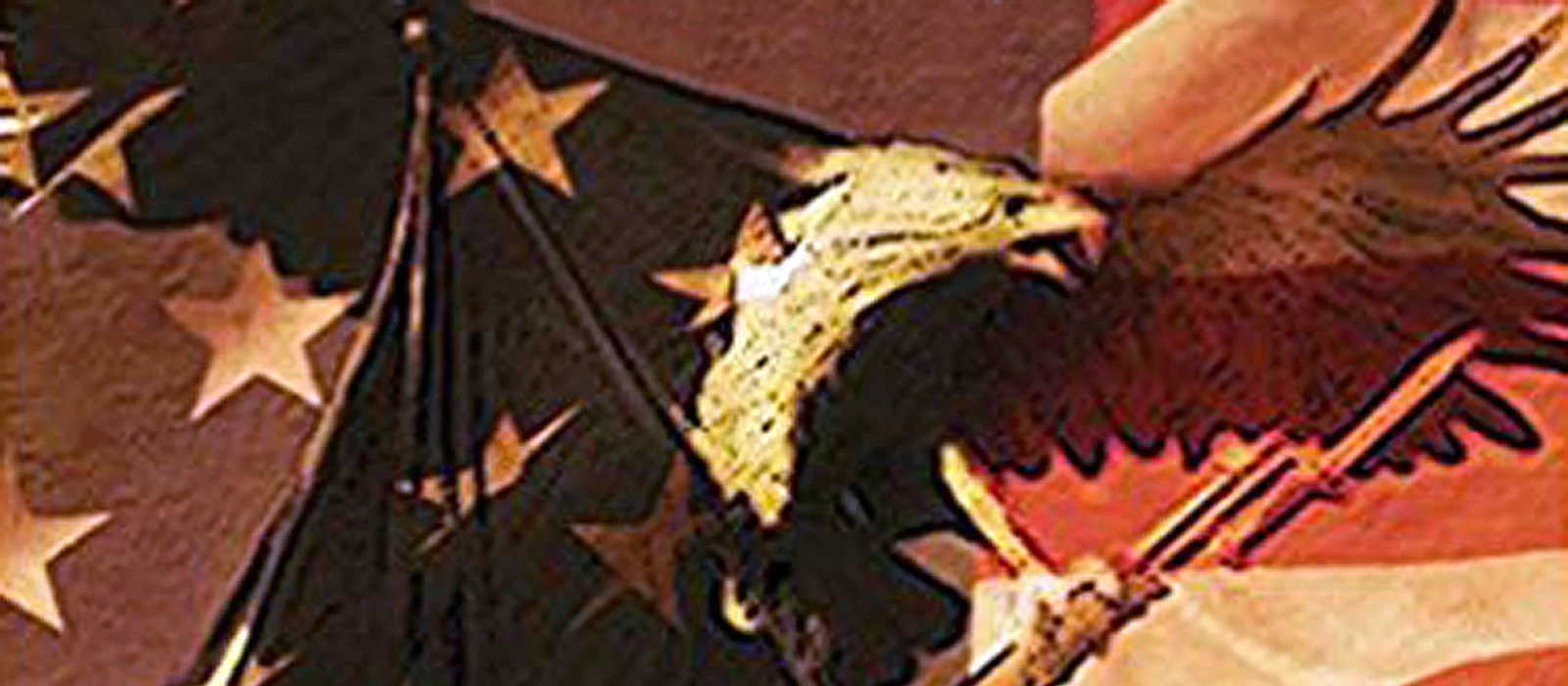The Ghosts of Hero Street: How One Small Mexican-American Community Gave So Much in World War II and Korea
By: Carlos Harrison / Narrated By: Robert Fass
Length: 9 hrs and 15 mins
A very good overview of two wars; I just wish it had more about those ghosts
Okay so, like, I googled Robert Fass, and I could NOT find his nationality to save my life. A lot of promotions regarding his rather extensive list of books he narrated, but nothing about ethnicity. I don’t mean to be a prig, but I really think the book should’ve had an out and out, born and bred Hispanic. I know, sounds like I’m being a prig, but listen. The man Anglicizes a lot of the names (Unless those families actually chose to pronounce their names/last names in such ways), and when it comes to remembered snippets of dialogue, or the recounting of what was conveyed in letters written home, Fass adopts a bit of a comical Mexican accent. Which, while he’s not outright laughable and is in no way sounding like a Speedy Gonzales character, is unfortunate given the serious subject matter. This is an audiobook honoring men, fallen men, comrades-in-arms, heroes for gosh sakes! Couldn’t the powers that be find someone just a taaaad more true to the nature of the book?
Have I gone on enough? Should I go on to his other attributes as a narrator? All right, so Fass can carry off the rest of the book quite well. And that’s kinda sorta where the whole problem with The Ghosts of Hero Street is. It totally tells of the soldier’s experience in combat for two wars, and it tells it in an engaging and even gripping manner. You feel the cold on the battlefield, and you especially feel it when men go to fight in Korea. You feel the fatigue. You feel the trench foot and the wounds suffered. You feel the sorrow of men dying far too soon.
But the accounts that author Carlos Harrison goes by are, for the most part, given by men other than the 57 young men from Second Street in Silvis, Illinois who chose to sign up, or chose to stand up as the Americans they were and went across oceans to fight and sometimes to die. They’re accounts from people who most DEFinitely were NOT Mexican American. So the majority of the book is about other people and their experiences of WWII and of Korea.
Sure the beginning of the audiobook starts well enough (Even tho’ the history lesson regarding Pancho Villa seemed to go on for far too long), and each of the eight young men who were killed are introduced. Their families, loved ones, are introduced also. And we get a jolly decent amount of information about just who they were, how they were as boys, how they were as they grew into adulthood, who they were just before they went to fight. Plus, and this I thought was a stellar part, Harrison writes of the history of racism against Mexicans and Mexican Americans. The families who sent their sons and brothers off to war, were relegated to an unpaved street, barely a block and a half long; that’s 22 families crowded into a single itty bitty neighborhood because they weren’t allowed to live near Whites. And I loved when Harrison tells us of the racism the men continued to face even as they came back after serving their country. They were not allowed to join the local VFW as they were nowhere near White enough. Rather, it was, kindly as it turns out, suggested that they see if they had the numbers to start their own Mexican American VFW.
And they had the numbers all right. That’s the most astounding part of the book: The Department of Defense did a formal study and found that THAT single neighborhood, those 22 families, sacrificed more young men, per the area, than any other neighborhood in the country. Still, there was great backlash over honoring the fallen with a street name change, and the book chronicles what all had to go into getting that done.
When all is said and done, I liked the book because it’s a terrific work of military history, and you know I can’t get enough of that. And I did like that it made a valiant attempt to honor the men, the community, whose names, whose stories, would otherwise be unknown.
I just wish it had more of the actual men. Now THAT would make Hispanic Heritage Month so much more meaningful!
As an Amazon Associate, I earn from qualifying purchases.




